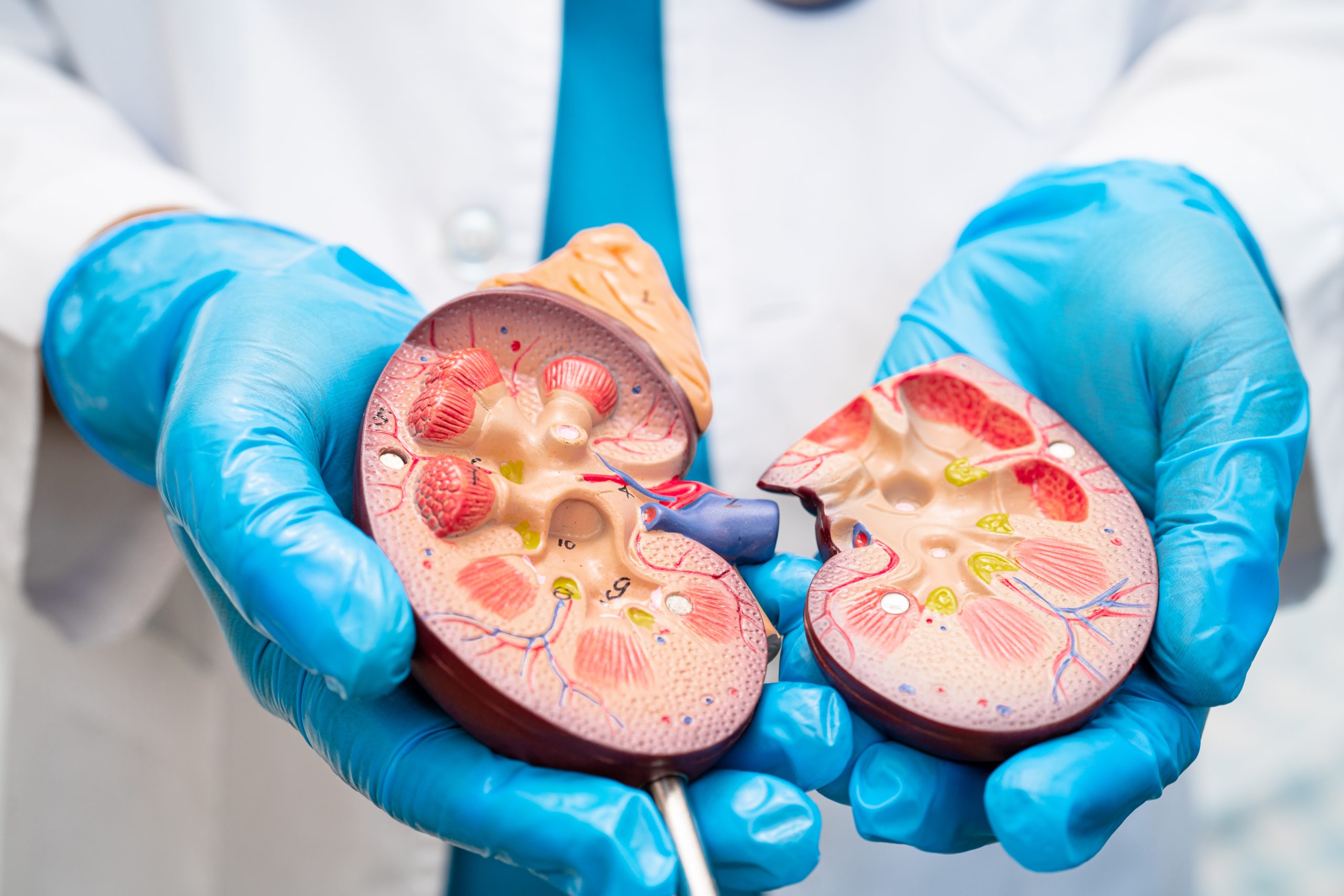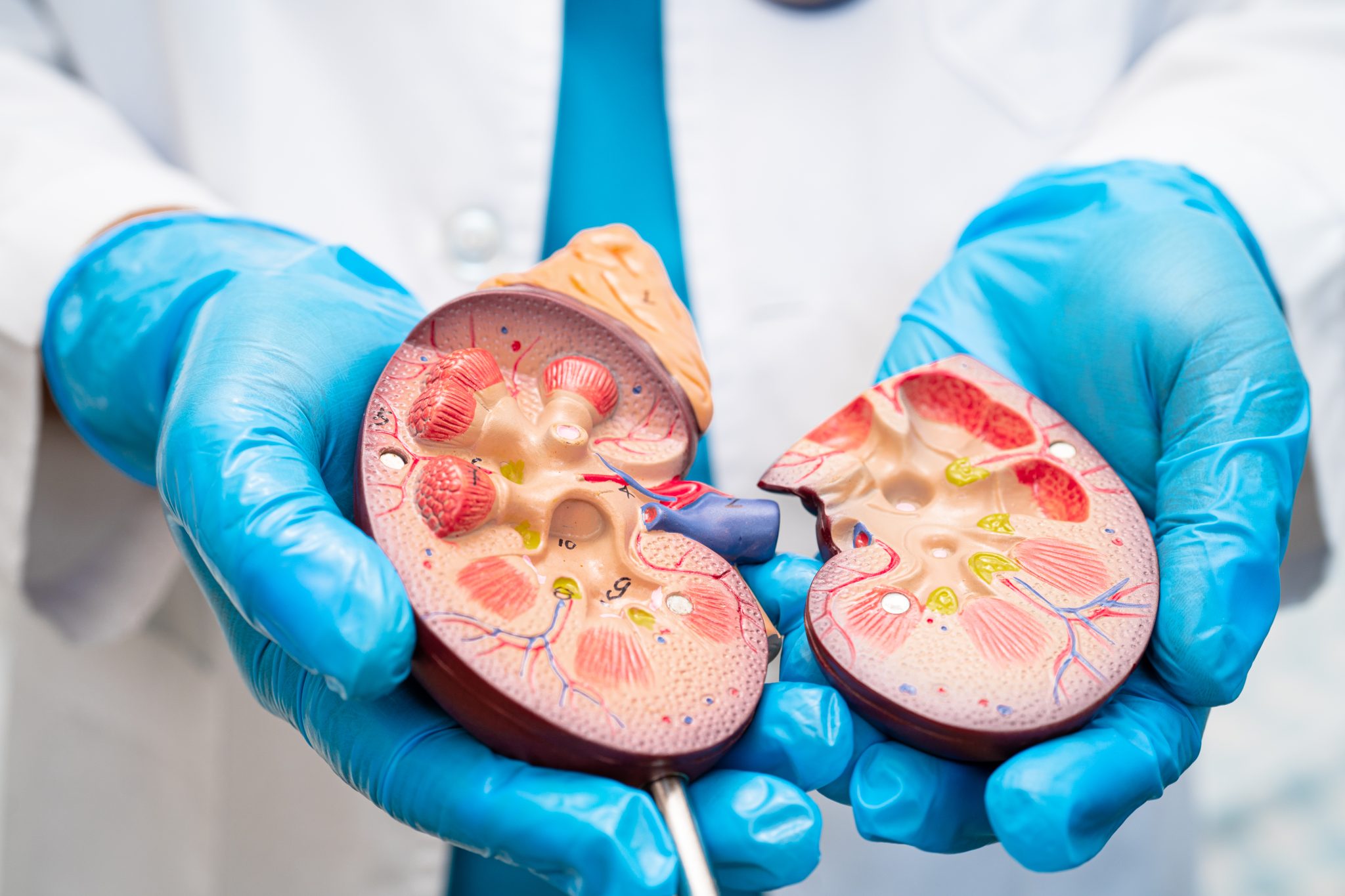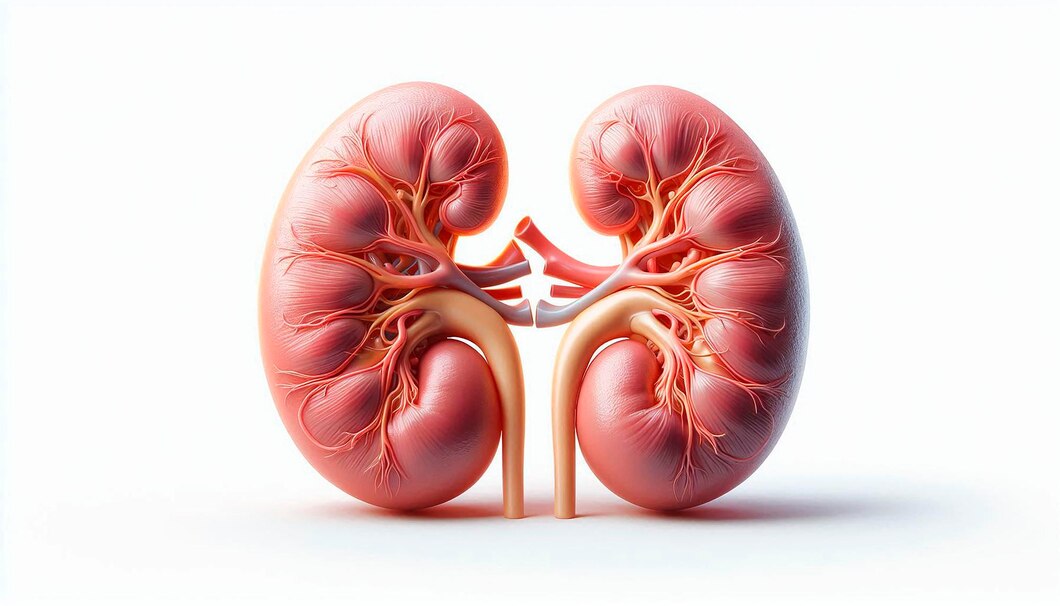Kidney Stones
Understanding Kidney Stones:
Causes, Prevention, and Treatment
Kidney stones are a common and painful condition affecting many people, often due to dehydration and lifestyle factors. The intense pain of a kidney stone can strike suddenly, causing discomfort in the lower back or abdomen, along with difficulty in urination. Fortunately, with advancements in medical care, you can seek help from specialists like Dr. Anurag Kumar, who provides expert kidney stone treatment in Dubai.
In this blog, we will explore the causes of kidney stones, how to prevent them, and when it’s time to consult a doctor.


What Are Kidney Stones?
Kidney stones are hard deposits of minerals and salts that form in your kidneys. These stones can vary in size, from a grain of sand to large stones that can block the urinary tract. The four primary types of kidney stones are:
Calcium Stones
The most common type, usually made of calcium oxalate.
Uric Acid Stones
Common in people with high protein intake or gout.
Struvite Stones
Typically found in those with urinary infections.
Cystine Stones
Rare, often due to a hereditary disorder that causes the kidneys to excrete too much of certain amino acids.
Causes of Kidney Stone Formation
Several factors contribute to the formation of kidney stones, and understanding these causes can help in preventing them. Common causes include
Dehydration
The high temperatures in Dubai can easily lead to dehydration, a major risk factor for kidney stones. When you're dehydrated, your urine becomes more concentrated, increasing the likelihood of stone formation.
Diet
Consuming too much salt, protein, or oxalate-rich foods (like spinach) can contribute to the formation of kidney stones. High sodium intake increases calcium in the urine, while certain foods increase oxalate levels.
Genetics
A family history of kidney stones increases your risk of developing them. Certain genetic conditions can also lead to excess mineral buildup in the kidneys.
Medical Conditions
Conditions like gout, urinary tract infections, or inflammatory bowel diseases can raise the risk of kidney stones. Medications that increase calcium or uric acid levels may also contribute.
How to Prevent Kidney Stones
Prevention is key to avoiding the painful experience of kidney stones. By making small lifestyle adjustments, you can significantly lower your risk. Here are some effective ways to prevent kidney stones:
Stay Hydrated
Drinking plenty of water is one of the simplest ways to prevent kidney stones. Aim for at least 8-10 glasses of water a day to keep your urine diluted and reduce the risk of stone formation.
VIEWLimit Salt and Protein Intake
Reducing your intake of salt and animal protein can decrease calcium and uric acid levels in your urine. Opt for a balanced diet that includes more plant-based proteins and fewer processed foods.
ViewWatch Your Calcium and Oxalate Intake
If you're prone to calcium oxalate stones, limit foods high in oxalates like spinach, nuts, and chocolate. However, don’t completely eliminate calcium, as it helps bind oxalates in the intestines, preventing stone formation.
ViewMaintain a Healthy Weight
Being overweight increases the risk of developing kidney stones. Regular physical activity and a balanced diet can help you maintain a healthy weight, reducing your overall risk
VIEWConsult Your Doctor for Medications
If you're prone to recurrent kidney stones, medications may help prevent them. Consult your doctor about options like diuretics or drugs that reduce calcium or uric acid in your urine.
ViewWhen to Contact Dr. Anurag Kumar for Kidney Stones
If you experience the following symptoms, it’s essential to seek medical attention from a specialist like Dr. Anurag Kumar, an experienced urologist in Dubai
- Severe pain in the lower back, abdomen, or sides.
- Blood in your urine.
- Difficulty urinating or passing small amounts of urine.
- Persistent nausea or vomiting.
- Fever and chills, which may indicate an infection.
Dr. Kumar can assess your condition and recommend the best course of treatment, whether it's medication or a minimally invasive procedure like laser lithotripsy to remove the stones.


Conclusion
Kidney stones can be a painful and recurring condition, but with the right lifestyle changes and medical intervention, they can be managed effectively. Prevention through hydration and a balanced diet is key, but if you're already experiencing symptoms, don’t hesitate to contact Dr. Anurag Kumar, a trusted urologist in Dubai. With expertise in diagnosing and treating kidney stones, Dr. Kumar offers both traditional and advanced solutions like laser treatment, ensuring you get the best care possible.
If you're experiencing symptoms of kidney stones or need professional advice, contact Dr. Anurag Kumar at Aster Cedars Hospital or Aster Day surgery centre in Dubai for expert consultation and treatment.
